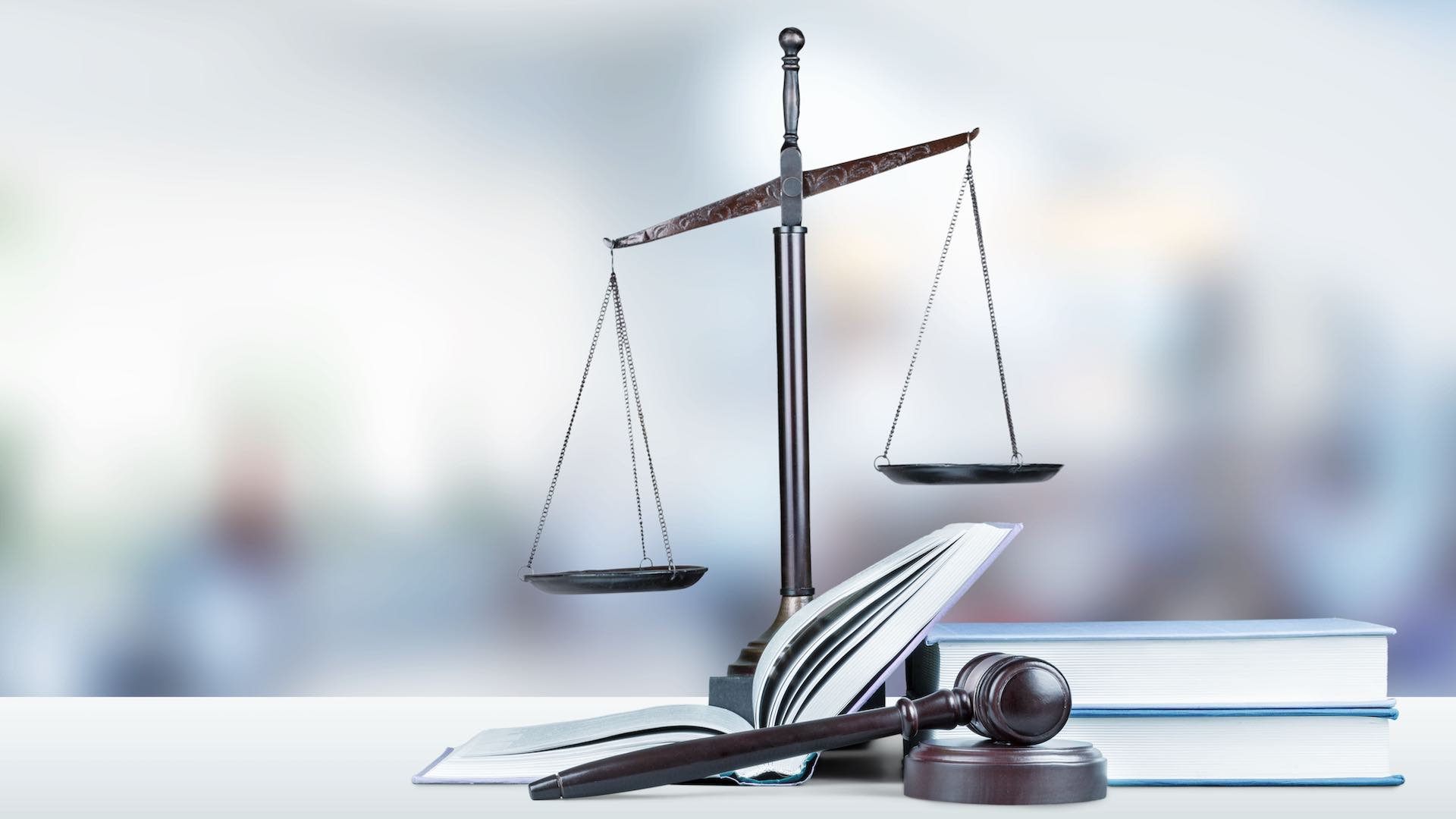The U.S. Securities and Exchange Commission (SEC), led by Chair Gary Gensler, is intensifying its regulatory grip on the cryptocurrency market, with a series of court victories marking a significant turn in the ongoing battle between the federal watchdog and the digital currency industry. As federal courts increasingly side with the SEC, key industry players like Coinbase and former crypto billionaire Do Kwon face significant legal setbacks, underscoring the agency’s authority to enforce investor protection laws and combat fraud within the sector.

This legal momentum aligns with the broader federal crackdown following the high-profile collapse of Sam Bankman-Fried’s FTX empire in late 2022, highlighting the risks and corruption perceived by regulators in the burgeoning crypto market. As the SEC prepares to launch a new wave of lawsuits, the contrast in perception of cryptocurrency’s future is stark. On one hand, regulators, including Gensler, view the market as fraught with corruption and risks to investors. On the other hand, supporters, including some GOP lawmakers, advocate for the industry’s potential to revolutionize finance, pushing for legislative measures that could foster its growth.
This divergence is shaping an intense legal and legislative landscape, with industry lobbyists working tirelessly to sway Congressional opinion in favor of more lenient, supportive regulations. Meanwhile, the Department of Justice (DOJ) has also escalated its actions against crypto entities, with recent sentences handed down to prominent figures like Changpeng Zhao and Sam Bankman-Fried, raising fundamental questions about the future viability and regulatory environment of the cryptocurrency industry.
In a series of courtroom victories, the SEC, under the stewardship of Chair Gary Gensler, is solidifying its regulatory authority over the cryptocurrency market, signaling a tough stance against what it perceives as widespread malpractices within the sector. These legal triumphs have come as a blow to major industry players, reinforcing the SEC’s role in safeguarding investor interests and curbing fraudulent activities. The legal tide turned notably against Coinbase and Do Kwon, setting a precedent that challenges the industry’s earlier bouts of regulatory resistance. The legal crackdown is part of a larger push to clean up the crypto environment, spurred by the collapse of FTX, which revealed significant vulnerabilities and corrupt practices in the industry.
Amidst these regulatory challenges, the clash between federal oversight and industry aspirations is becoming increasingly pronounced. Regulators, led by figures like Gensler, criticize the industry’s integrity, while crypto proponents argue for its innovative potential and seek supportive legislative frameworks. This conflict is playing out both in the courts and in Congress, where lobbyists are actively seeking to influence policy in favor of the crypto sector.
Adding to the industry’s woes, the DOJ has ramped up its prosecutorial efforts, securing convictions against key figures such as Changpeng Zhao and Sam Bankman-Fried. These developments pose existential questions for the cryptocurrency industry, as it navigates a landscape of increasing legal scrutiny and calls for stringent regulatory oversight.
